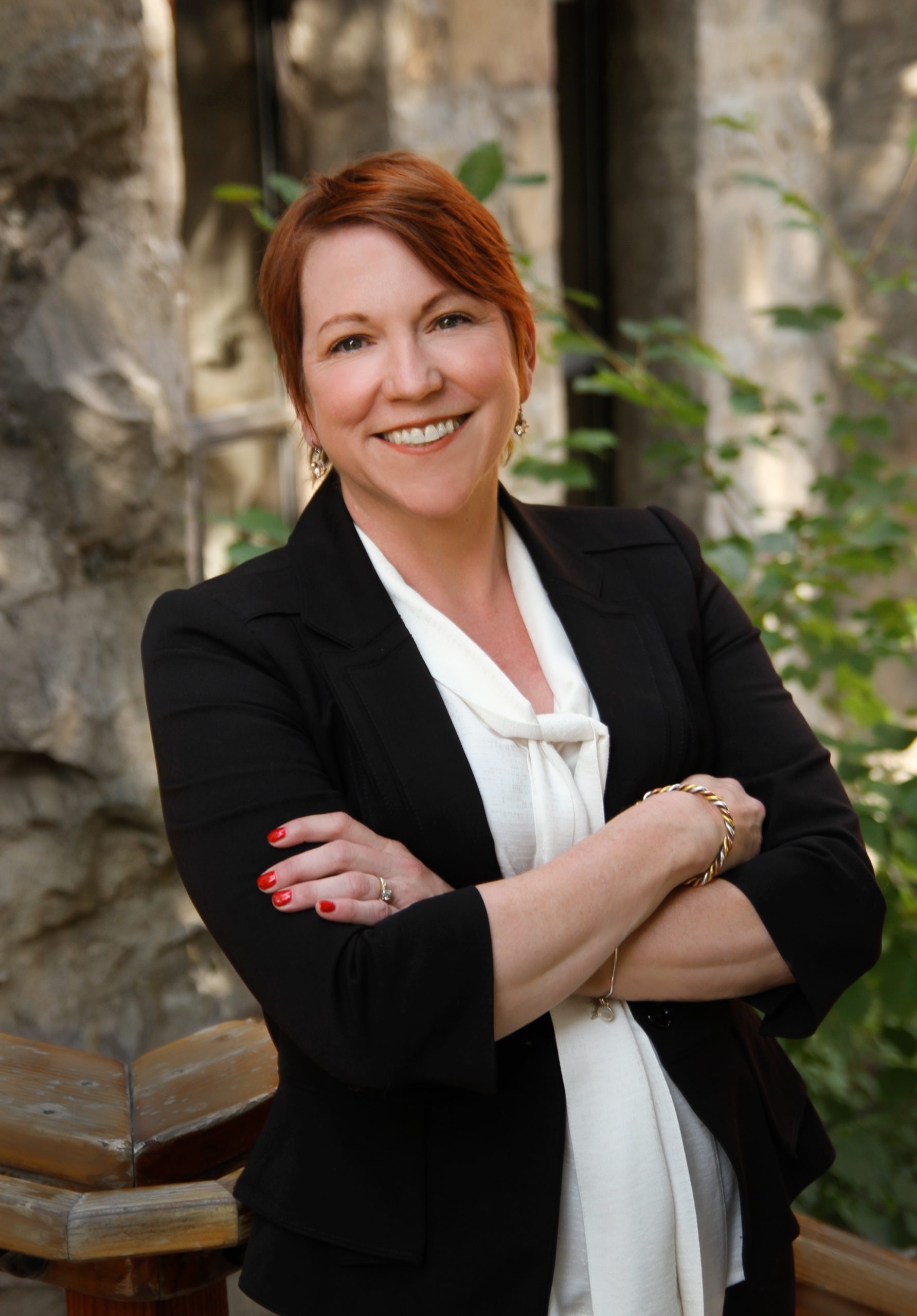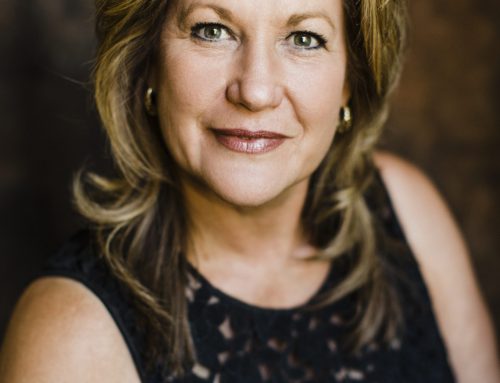by Holland McBurns, Evergreen Elder Law
There is a little-known benefit available to Veteran’s and their surviving spouses to help pay for long-term care. This is the Aid and Attendance Pension benefit which is a cash benefit that is tax-free. Why is this benefit important? Many seniors today are faced with the ever-rising cost of long-term care and the question is how will they be able to pay for care without going broke. In Washington State, long-term care costs continue to rise each year. For example, Assisted living costs are often well above $5,000 a month depending on the particular needs of the senior. Skilled Nursing facility monthly costs are peaking at often over $10,000. Many seniors find themselves selling their homes and depleting their assets in order to pay for care for themselves or their ill spouse. The Aid and Attendance Pension benefit can help. This monthly cash benefit is available to Veterans and their surviving spouses to help pay for and offset the rising costs of long-term care.
While the VA offers a plethora of benefits, such as home loans and burial benefits, the Pension Aid and Attendance benefit is a specific benefit for seniors. One of the often misunderstood things about this benefit is that the veteran does not need to have a service-related illness or injury.
There are however certain criteria that must be met in order to be eligible for this benefit. First, the veteran must have served 90 days of active duty and one of those days must have been during a period of conflict. The periods of conflict are as follows:
WWII: 12/7/1941 – 12/31/1946
Korea: 6/27/1950 – 12/31/1955
Vietnam: 8/5/1964 – 5/7/1975
Persian Gulf: 8/2/1990 – Present
Although one of the 90 days must have been during a period of conflict, it does not need to be in-country, the veteran must simply have been enlisted and in active duty. Second, the veteran must have a discharge other than ‘dishonorable’.
In addition to the time in the military, the veteran or surviving spouse must meet the medical test. This includes needing assistance with at least some of the following: bathing, toileting, general hygiene, eating, transferring, and transportation. Most seniors with long-term care costs will satisfy the medical test.
The final qualifications are that the veteran or surviving spouse must meet an asset and income test. The asset test allows for a net worth of $130,773. A home, “reasonable lot area”, personal effects, and some vehicles are not countable as net worth. Determining whether you qualify for the asset and income part of the test can be complex and difficult to understand. An accredited VA elder law attorney should be consulted.
Be aware that in 2018 the VA implemented a penalty for some transfers made within 36 months of applying for this benefit. Examples of transfers that may be penalized include gifts and transfers to a trust or annuity. Any penalty period will not
exceed five years.
To satisfy the income test your gross income must be slightly less than your medical expenses. The resulting figure is considered your income for VA purposes. The veteran or surviving spouse must have high recurring medical expenses to qualify. For example, If a surviving spouse has income from social security and a pension that total $3,000 a month, and needs to reside in an assisted living facility with a monthly cost of care at $4,000, the surviving spouse has an ‘income’ for VA purposes of -$1,000 and would satisfy the income part of the test. Typically, the need for long-term care will satisfy this income test for VA purposes.
If you think you have too much income or assets, do not be mistaken. Determining which assets are countable and how many you can have can be complex and confusing. There are also many strategies that can be utilized to qualify for both the income and asset part of the test. We recommend that you speak with a VA accredited elder law attorney to see if you qualify for this cash benefit.
The cash amounts are paid directly to the veteran or surviving spouse on a monthly basis for the remainder of their lives. This cash benefit is also tax-free. The total benefit received is often substantial, particularly when added up over a lifetime. The monthly cash benefit amounts for 2021 are as follows:
Veteran’s Pension: $1,911
Veteran’s Pension with
one dependent: $2,266
Surviving Spouse: $1,244
The benefit continues for life and can have a huge impact on the level and quality of care for seniors. For example, if a veteran qualified for the Aid and Attendance benefit with one dependent and is in long-term care for the next 5 years the total amount received would exceed $125,000. Too many veterans and/or surviving spouses don’t take advantage of this benefit because either they don’t know about it or don’t understand the complex qualifications.
The VA Aid and Attendance benefit can be difficult to navigate and determine if you actually will qualify, but it is an incredibly underutilized resource that more veterans and their surviving spouses should take advantage of. Consulting with a VA accredited elder law attorney is the best way to find out how to obtain this cash benefit. Don’t delay. This cash benefit could help your family pay for long-term care without spending down all of your assets.



